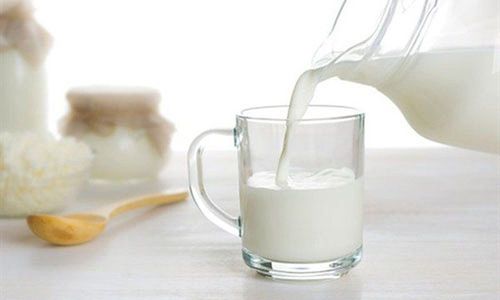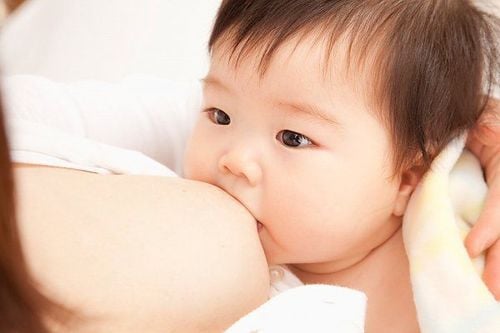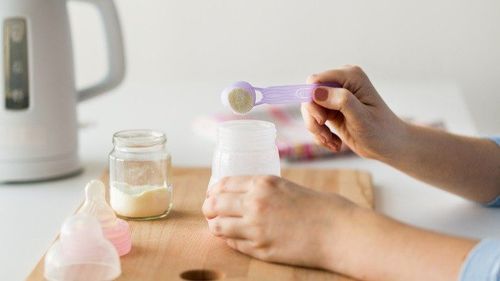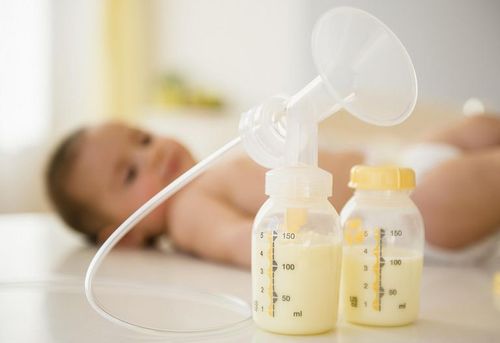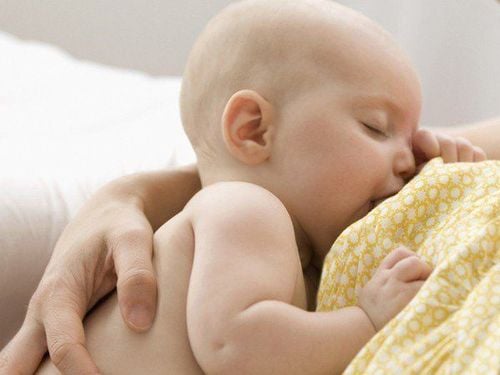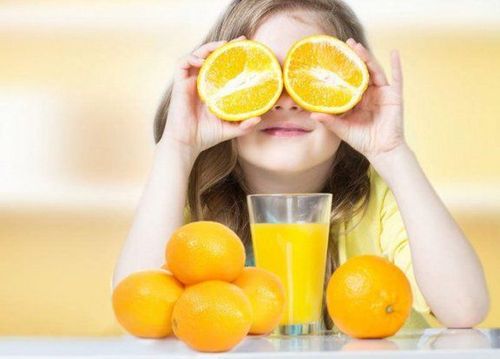This is an automatically translated article.
The article was professionally consulted with Master, Doctor Doan Ngoc Quynh Tram - Department of Pediatrics - Neonatology - Vinmec Nha Trang International General Hospital.Baby bottles are very important items for babies, so they need to be cleaned daily to ensure good health for babies. Currently, there are many different ways to sterilize baby bottles such as using boiling water, microwave ovens, bleach, sterilizers... in which sterilizing bottles with boiling water is the way many parents choose. by simplicity, ease of implementation and maximum cost savings.
1. How often should baby bottles be sterilized? Ideally, parents should wash their baby's bottle immediately after each feeding to prevent germs and bacteria from accumulating. After washing your hands, scrub the bottle components thoroughly with warm soapy water, then air dry. Many pediatricians also rate dishwashers (especially those with hot wash and disinfecting cycles) for cleaning bottles and nipples very well. If you're using a dishwasher, you'll need to place the bottle on the top shelf and place the teat in the small parts basket.
No need to deep clean or sterilize baby bottles after each use. However, you should sterilize the bottle parts before using them for the first time. You can also sterilize bottles every few weeks just to be on the safe side, especially after your baby is sick or using second-hand bottles.
According to the Centers for Disease Control and Prevention (CDC), bottle hygiene is very important for babies with weakened immune systems, born prematurely or younger than 3 months old. For older and healthy babies, daily sterilization does not provide a distinct benefit, you just need to properly clean the bottle parts after each use. Because today's drinking water is clean and safe, regular disinfection is no longer necessary.
2. Should baby bottles be sterilized with boiling water? Answering the question of whether to sterilize baby bottles with boiling water, experts said sterilizing milk bottles with boiling water, which is a traditional and convenient method that any parent can apply. To do this, you need to follow these steps:
Disassemble the parts of the bottle and place it in a large pot. Fill the pot with enough water to cover the parts. Make sure there are no air bubbles inside Boil the water, then keep it boiling for 5 minutes Let the water cool and carefully remove the bottle parts Place the parts on a clean dry mat or dish towel . Allow to air dry before using again.
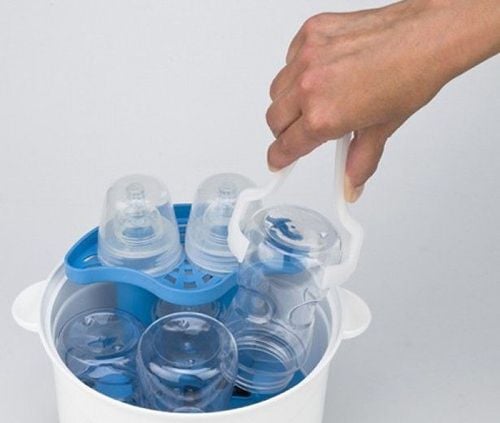
3. Other methods of sterilizing bottles
In addition to sterilizing milk bottles with boiling water, using a microwave oven, bleach, and a sterilizer are also three methods of high efficiency and convenience that you can apply.3.1. Microwave Sterilization If you purchased a microwave oven with a sterilization function, follow the manufacturer's instructions for proper use. Note that your microwave must be clean before using the sterilization function. You should also check that all parts of the bottle, especially the nipple and sealing ring, are suitable for microwave use.
3.2. Disinfect with bleach According to the CDC, in case you don't have a microwave or stove to boil water, bleach may be an option. Steps to take include:
Mix 2 teaspoons of unscented bleach in about 4 liters of water Completely submerge all parts of the bottle, making sure the solution penetrates the holes in the teat and does not foam. gas Soak parts for 2 minutes Remove flask parts from solution. No need to rinse with water to avoid the risk of re-infection with germs, residual bleach will dissolve as items dry. 3.3. Sterilization by machine Thanks to the development of technology, specialized models with sterilization function are also the choice chosen by many parents thanks to their convenience, high efficiency and time saving. . One of the suggestions for parents is the Moaz Bébé MB-005 Milk Warmer, Sterilizer and Dryer, with outstanding features such as:
Spacious sterilization compartment, can hold 5-6 bottles, nipples at the same time. ti. The machine is designed to fit all wide-neck bottles and can sterilize baby's bowls and spoons. The milk heating and sterilization functions work independently of each other, with an accompanying alarm when each process is completed. Warranty period 12 months, 1 to 1 exchange if there is a manufacturer defect.

It can be seen that the hygiene of the bottle plays a very important role when it directly affects the health of the baby. Therefore, in the process of raising children, parents should pay attention and properly clean the bottle.
To have more knowledge about raising children and taking care of children by age, you should regularly visit the website https://vinmec.com and make an appointment with the leading doctors, pediatric experts - Nutrition when visiting the website https://vinmec.com need advice.
Please dial HOTLINE for more information or register for an appointment HERE. Download MyVinmec app to make appointments faster and to manage your bookings easily.
Reference source: parents.com - healthline.com




